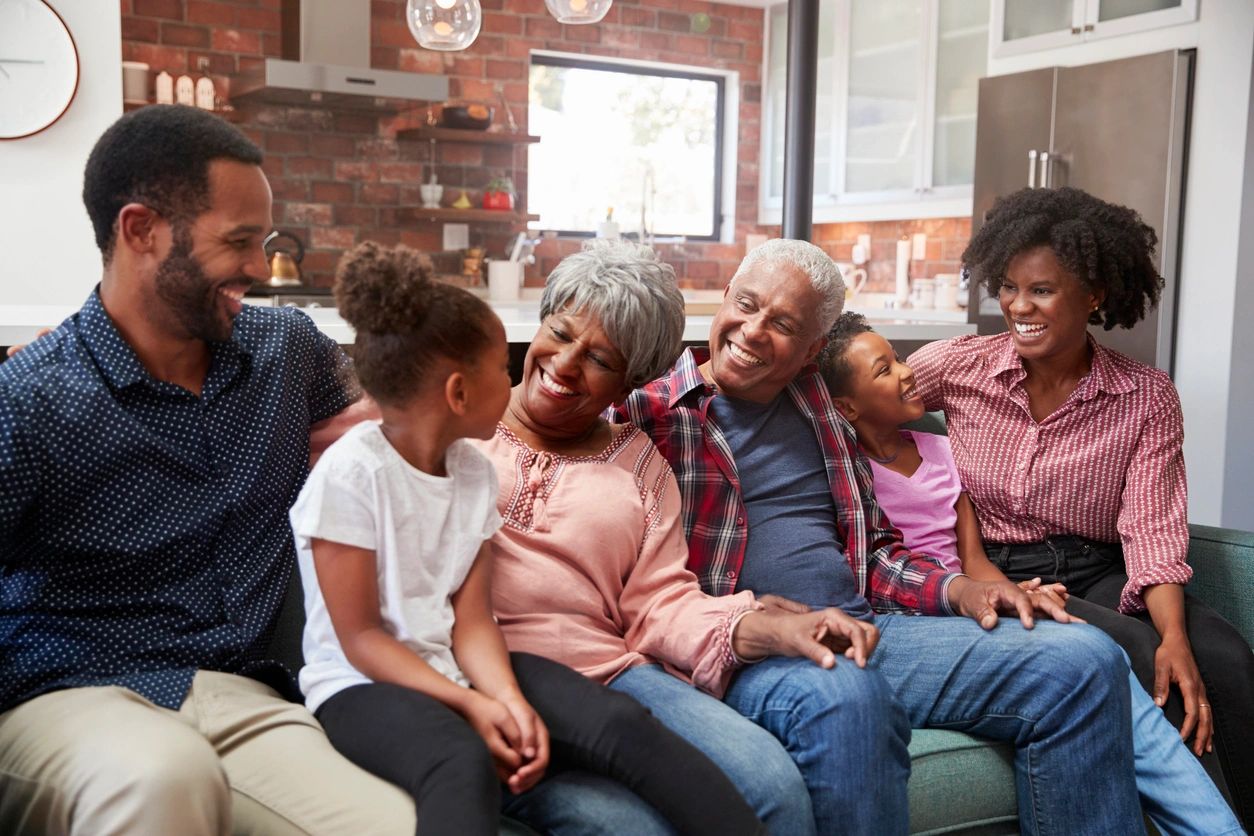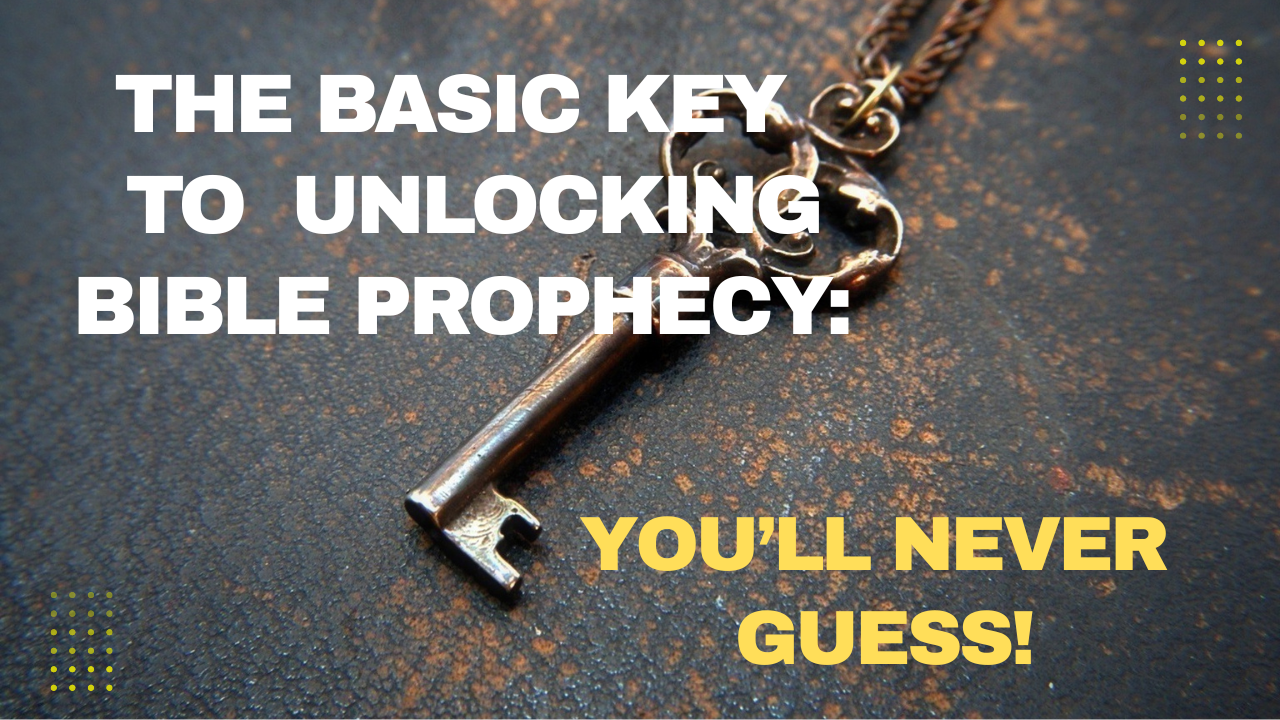Sabbath School 2022, Q4 Future Hope (Lesson 3) Understanding Human Nature Day 6: Resting with the Fathers
Resting in the grave, regardless of where or whom we are buried near, we are in an unconscious state. In our state of unconsciousness, does this mean we cannot communicate with those in the grave?
Sin, Evil, Death, Dying, and What Happens After We Die
This series addresses an age-old concern that we all have: the concern for sin, evil, death, and what happens after we die. Is there hope after death? When God created us, humans, he intended for us to live forever in a loving relationship with him. But this relationship has been broken by sin.
Here, we address the origin of sin and look more closely at death and dying.
But, instead of looking at death negatively, we look at it in the context of hope, the promised hope based on what Jesus did for us when he died and came back to life again. (Split)
From the Sabbath School Adult Bible Study Guide 2022 Quarter 4: Sabbath.School
See also Hope Sabbath School and 3ABN Sabbath School
Visit SabbathSchoolDaily.com for more videos like this one.
Inviting God’s Presence
Holy Father, thank you for clarification about what happens when we die. Remove the anxiety we may have about death. In Jesus’ Name Amen
Although when we die, we are not conscious of where we are or who we are around, ancient families and even families today see honor in where a family member is buried, as in a soldier buried in a cemetery with fellow servicepersons.
The Bible reveals that family burial plots were important. To be buried in a family burial plot or with the fathers was considered an honor, as shown in the following verses.
Genesis 25:8
8 Then Abraham breathed his last and died in a good old age, an old man and full of years, and was gathered to his people. (Genesis 25:8)
II Samuel 7:12
12 “When your days are fulfilled and you rest with your fathers, I will set up your seed after you, who will come from your body, and I will establish his kingdom. (II Samuel 7:12)
I Kings 2:10
10 So David rested with his fathers, and was buried in the City of David. (I Kings 2:10) (Split)
I Kings 22:40
40 So Ahab rested with his fathers. Then A-haz-iah his son reigned in his place. (I Kings 22:40)
The Old Testament talks about death and burying the dead in graves in different ways. One way was the idea of being gathered to one’s own people. For instance, in Genesis 25:8, we read that Abraham was buried with his people:
8 Then Abraham breathed his last and died in a good old age, an old man and full of years, and was gathered to his people. (Genesis 25:8, NKJV).
We also see this in Deuteronomy 32:50. Aaron and Moses were gathered to their people when they died. (Split)
In terms of death and the grave. None were exempted. All were on an equal footing. Both good and bad kings ended up in the same place when they died. They went to the grave, as expressed in 2 Kings 24:6 and 2 Chronicles 32:33.
II Kings 24:6
6 So Jehoiakim rested with his fathers. Then Jehoiachin his son reigned in his place. (II Kings 24:6)
II Chronicles 32:33
33 So Hezekiah rested with his fathers, and they buried him in the upper tombs of the sons of David, and all Judah and the inhabitants of Jerusalem honored him at his death. Then Manasseh his son reigned in his place. (II Chronicles 32:33)
Thus, another way of describing death in the Bible is rest. The Bible uses the words “rested” or “buried”. It tells us that a person rested or was buried with their fathers. When King David died, the Bible says, he “rested with his fathers, and was buried in the City of David,” Jerusalem (1 Kings 2:10). (Split)
The same words “buried or rested with his ancestors” are used to refer to several other Hebrew kings, both good and bad.
At least three important ideas can be derived from the words “buried with his ancestors.”
(1) We will die. We will rest from our labor and sufferings in this life.
(2) Our ancestors died. We are not the first and only ones to travel this undesirable road because many have gone before us and will come after us.
(3) It was comforting and important for our ancestors to know they would not be alone. For they would be buried with their fathers.
Of course, today, the idea of resting with family members may not seem important in our individualist culture. But it was comforting and meaningful in ancient societies.
The point is that we remain in the grave after death in an unconscious state.
Thus, regardless of where we are buried, whether our ashes are placed in an urn, we are buried in a grave near our spouse, buried in a mausoleum with our family, or buried alone, there is no communication between the dead. The dead remain unconscious in the grave until that glorious day when Jesus comes to take us home. Then they who died in Christ will be awakened from their deep sleep in the gave to rejoin their loved ones who accepted Christ and forever be with God in his heavenly kingdom.
Imagine what it would be like if the dead were conscious and could see what life is like for those still alive, especially their loved ones. Understanding that the dead sleep should be comforting to us who are alive and waiting for Christ’s return.
You can Watch Our Past and Present Lessons at
SabbathSchoolDaily.com.














Post Comment